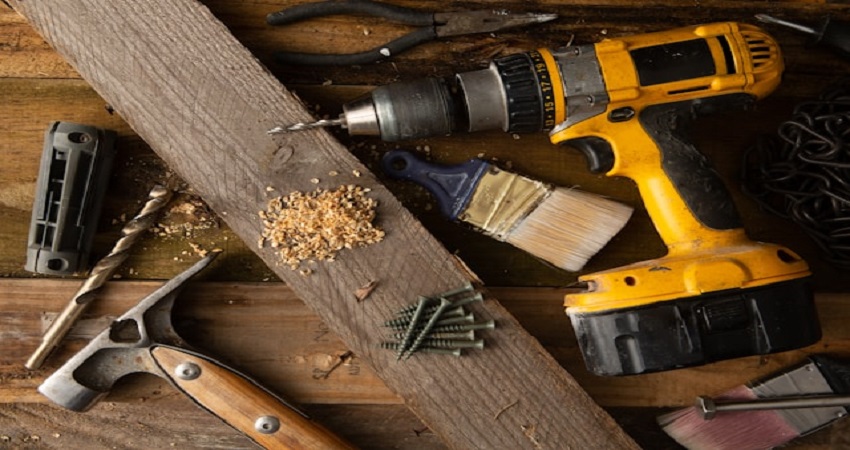
When it comes to completing projects, tools are your best friend. But a common question arises for homeowners, DIY enthusiasts, and professionals alike: should you rely on hand tools or power tools? Both types have their strengths and limitations, and understanding their differences can help you choose wisely depending on your project. In this blog, we’ll compare hand tools and power tools in depth, highlight their uses, and guide you on when to use each.
Hand tools are the oldest and most traditional form of tools. Think hammers, screwdrivers, wrenches, pliers, and chisels. They don’t require electricity or batteries and rely solely on your muscle power. The biggest advantage of hand tools is their precision and control. For example, when tightening a delicate screw in an eyeglass frame or carving wood, hand tools give you a level of accuracy that power tools often cannot match.
Hand tools are also more affordable and portable. A screwdriver set costs far less than a power drill, and you can carry it anywhere without worrying about batteries or cords. They also tend to last longer since they have fewer moving parts.
Power tools, on the other hand, have revolutionized the way we approach work. Tools like drills, saws, grinders, and sanders can complete tasks in a fraction of the time compared to hand tools. A cordless drill, for instance, can drive screws in seconds, while using a manual screwdriver might take several minutes.
For heavy-duty tasks such as cutting lumber, sanding large surfaces, or building furniture, power tools are indispensable. They provide speed, efficiency, and consistency, making them ideal for professionals and avid DIYers.
Hand tools excel in precision, affordability, and simplicity, but they require more time and effort. Power tools shine in speed, efficiency, and handling tough materials, but they can be expensive and require electricity or charging.
If you’re hanging a picture frame, tightening a cabinet screw, or performing delicate adjustments, hand tools are sufficient. However, if you’re drilling holes for shelves, cutting wood for a deck, or remodeling your home, power tools are the better choice.
Instead of choosing between hand tools and power tools, the smart approach is to maintain a balance of both. Hand tools are perfect for quick fixes and precise tasks, while power tools make larger projects manageable. Together, they form a versatile toolkit that equips you for almost any job.